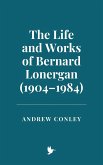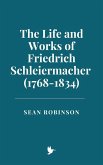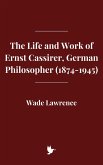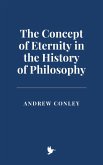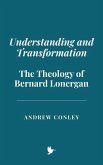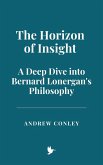This study explores Kirk's key concepts, including his critique of progressivism, the role of imagination in shaping cultural and moral values, and his skepticism of ideological dogmatism. It delves into his reflections on education, environmental stewardship, political philosophy, and his advocacy for localism and subsidiarity. The analysis highlights Kirk's engagement with primary sources and historical figures, situating his work within the broader Western intellectual tradition and examining its influence on institutions and individuals such as William F. Buckley Jr., Barry Goldwater, and the National Review.
Kirk's global impact, particularly his dialogue with British, Canadian, and European conservatism, is also explored, along with the controversies and critiques his ideas provoked from both progressives and libertarians. His legacy is preserved and advanced through the Russell Kirk Center for Cultural Renewal, which continues his mission to foster cultural, moral, and intellectual revitalization.
This comprehensive examination reveals Kirk's philosophy as a timeless and adaptable framework, offering a counterbalance to modernity's secularism, relativism, and materialism. His call to defend tradition, cultivate the moral imagination, and uphold the permanent things remains relevant in addressing contemporary challenges, making Kirk a pivotal figure for those seeking to understand the principles and possibilities of conservatism.
Dieser Download kann aus rechtlichen Gründen nur mit Rechnungsadresse in A, B, CY, CZ, D, DK, EW, E, FIN, F, GR, H, IRL, I, LT, L, LR, M, NL, PL, P, R, S, SLO, SK ausgeliefert werden.



